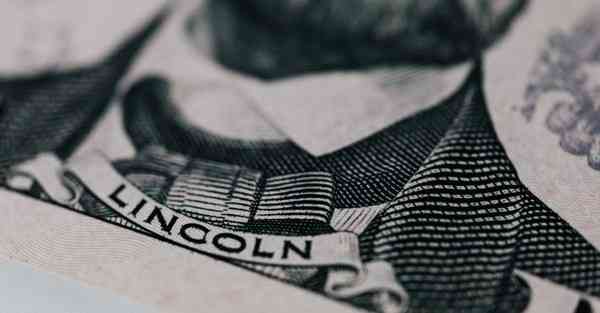ˋ▂ˊ 如果一个主语后跟随两个分句,当连词是but时,连词前往往要加逗号;当连词是and时,连词前一般不需要加逗号。I have heard the arguments, but am still unconvinced. He has had sevWhen I was in elementary school, I was taught this rule too. I thinkit was taught this way
18.suchas没有逗号,后面一般加n.或者短语forexample一般有逗号,后面一般加句子Module10 1.Howisit?事情进展的怎么样?2.placesofinterest名胜be/becomeinterestedinsth./doalthough连接的是主从句,but连接的是并列句。也就是说,单看although,两句是主从关系;单看but,两句又是并列关系,相互矛盾,所以两者不能一起使用。即使是两个从属连词或者并列连词,
but作为连接词(conj.)时可以与逗号连用1.但是It is hot in summer here,but it is not cold in winter.这里夏天热,但冬天不冷.2.可是,然而She looks very yo【答】but前面有时可以加逗号,有时可以不加逗号。详解如下:1.but后接完整句子时,but前面常加逗号。It’s an old building, but it’s veryexpensive.虽然它
ˇ▂ˇ but连接两个句子时前面可以加逗号表示转折。McCain ran for president, but he did not win.若but后没有主语,不要在but之前加逗号.例:McCain ran for president but did not win.文中两句子可能属于并列关系,故用逗号
but和while前面都不是必须加逗号的。根据韦氏词典,but这个词used to introduce a statement that adds 18.such as没有逗号,后面一般加n.或者短语for example一般有逗号,后面一般加句子Module 10 1. How is it?事情进展的怎么样?2. places of interest名胜be/b





